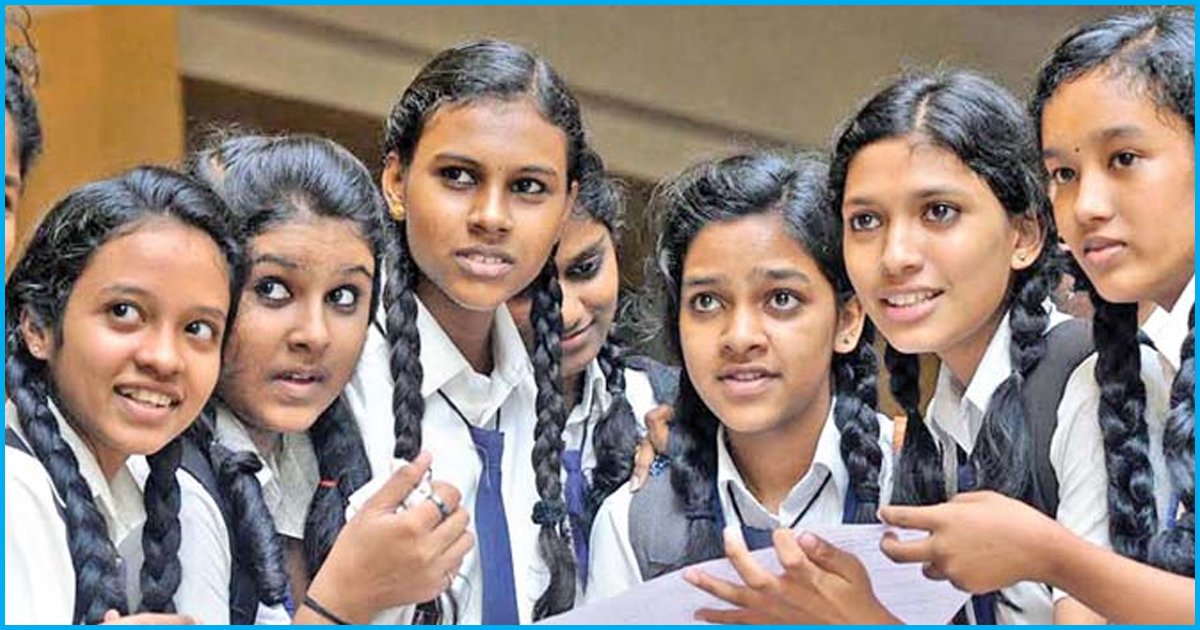
Kerala: Over One Lakh Students Leave Caste, Religion Columns Blank During Admission
Kerala education minister C Raveendranath stated that the parents of 1.2 lakh students had not filled the religion and caste columns while admitting them to schools in the state. The minister revealed the statistics during the question hour of the state assembly on Wednesday.
“This year at the time of admission a record number of 1.24 lakh students have left religion and caste columns blank while seeking admission. This shows secular credentials of our society,” the minister said.
“In the latest academic year at least 123, 630 students between class and 1 and 10 stated they had no religion or caste. Every year their numbers are growing,” he added. The minister said that the figures had been collected from 9,000 schools across the state.
Positive responses
Rationalists and leftists in the state claimed it was an indication of the rise of a new generation of progressive thinkers. “This is the most pleasant and inspiring news I’ve heard in recent times,” writer and activist M N Karassery was quoted by The New Indian Express.
“At a time when an impression is being created that Kerala has turned more radical and people are increasingly falling under the grip of religious slavery, the minister’s revelation ignites a lamp of hope. I urge the government to release a district-wise list of the children who have broken free from the clutches of religion. The media, activists and secular communities should give it wide publicity. There is a wrong impression among the people that if we don’t enter the details of our religion and caste, it will be difficult to get a job,” he said.
Binoy Viswam, Kerala forest minister and senior CPI leader said that the new trend was an indication that the society is growing. “A secular state is duty-bound to encourage such trends. The fundamentalists and fascists are trying to use religion as an institution to divide people and undermine the social values of society. It is heartening to hear such a huge number of youngsters have come forward to give up religion, which is promising for the future of Kerala. The constitution of India upholds the need to promote scientific temper. Religion is a reality in our society and most of the people are religious. But the believers should think what is happening to the religion. Money and power are the new Gods. Those who believe in religions should be concerned about this deterioration of moral values,” he said.
 All section
All section













